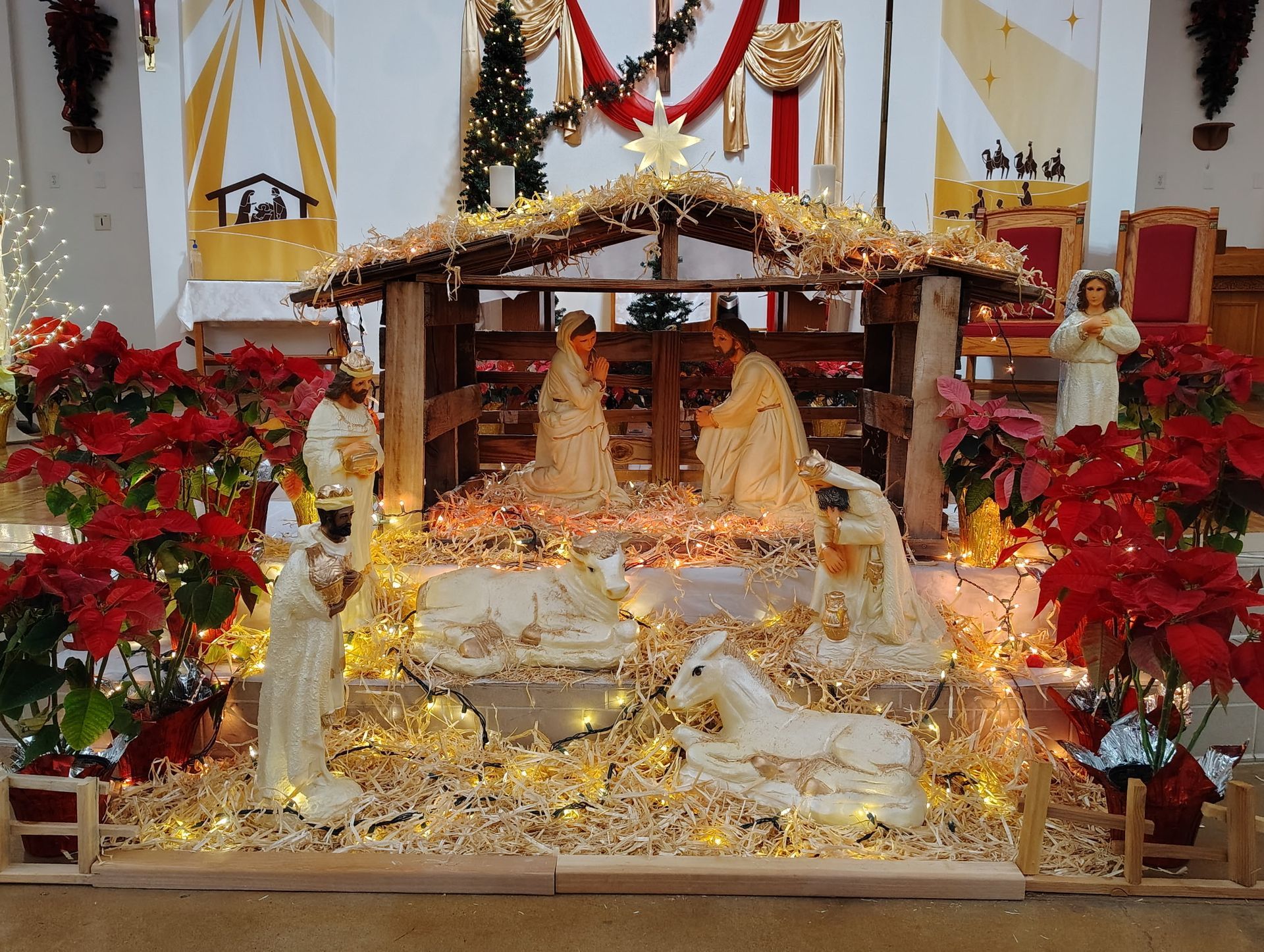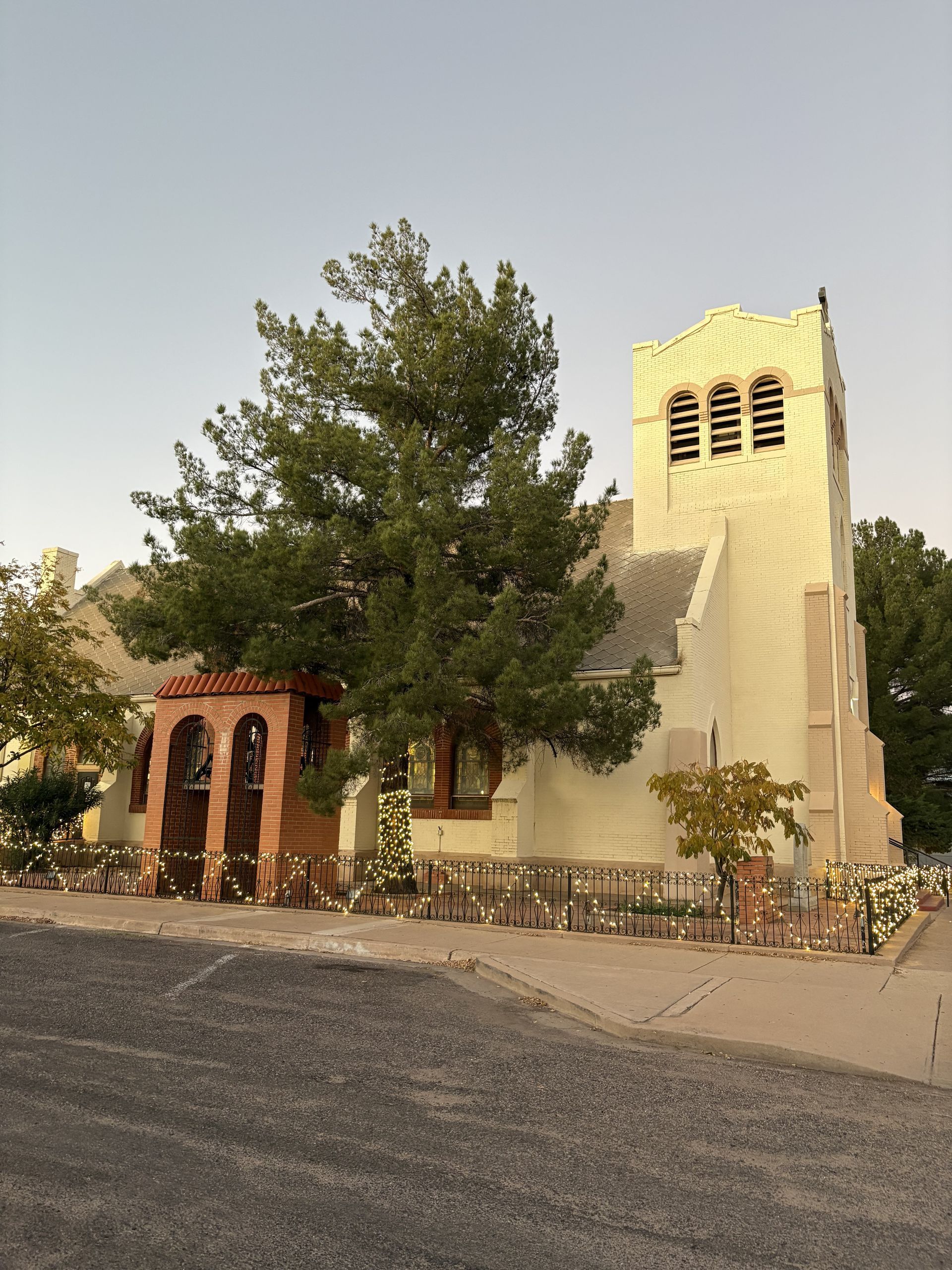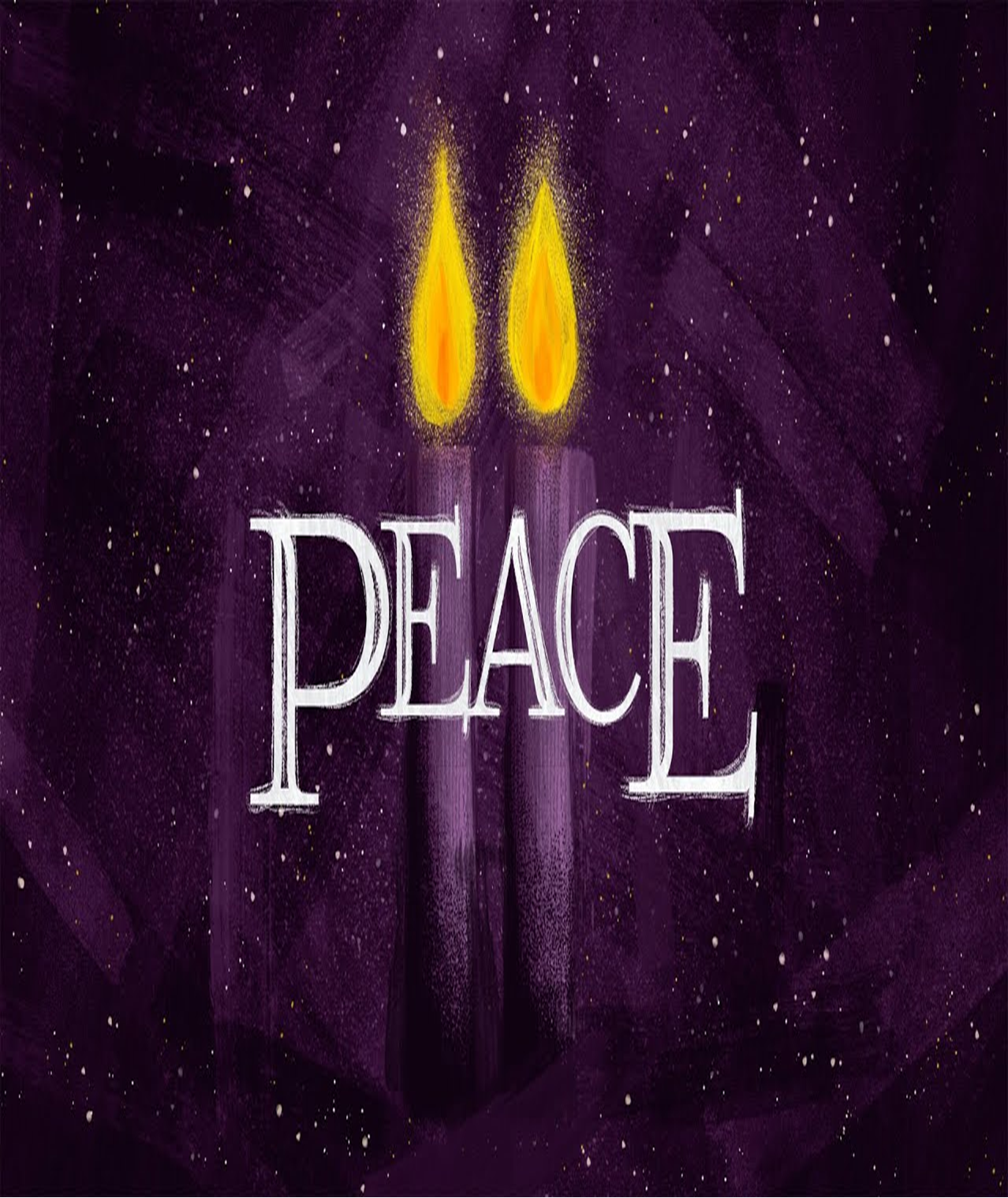The third Sunday of Advent presents the joy that comes from the Lord amid the suffering, distress, and turmoil. The joy that is meant here is a religious sentiment, an inner experience of satisfaction expressed outwardly and not simply emotionally, which easily fades. Priests and churchgoers too wear rose-colored vestment/outfit and the rose-colored candle in the Advent wreath will be lit as well to mark the celebratory occasion much more than the violent of Advent.
Although you can’t force, let alone expect, anyone to be joyful in all circumstances, there’s a lot of cause for rejoicing this Sunday as it is also the feast of Our Lady of Guadalupe who appeared to Juan Diego as an indigenous pregnant woman in 1531 in the arid desert of Tepeyac hill but now, all roads lead to this place of worship, the Basilica of Our Lady where roses bloomed and blossomed. Rose is brought and offered to Our Lady as a sign of our belief, cariño, and appreciation. Our Lady is a mantle of justice for the oppressed. Please note that whenever I write or mention Our Lady of Guadalupe, I’m an outsider, looking in, relentlessly trying to do my homework and make it my own. Devotion is personal. I defer to any devotee who claims to have a copyright on this matter. The celebratory joy this Sunday comes from the heart-felt presence of God. It is the joy that is found within. Christianity is not so much about (over) thinking and analyzing as it is rejoicing in action as John the Baptist in the gospel shows us. Wherever joy is, you cannot be mistaken, there is God. The joy of advent is found in his closeness to us.
The entrance antiphon calls us to, “Rejoice in the Lord always; again, I say, rejoice. Indeed, the Lord is near” (Phil. 4: 4-5). Paul stresses the fact that the reason for rejoicing is that the Lord is at hand. Joyful parishioners are the best evangelizing tools. He is fast approaching and will not delay. There may be some delivery issues for Christmas packages but not with the arrival of the Lord. He is coming in due time and not perishable. The second reading from the letter to the Philippians is the expanded form (4: 4-7) of the entrance antiphon letting us know, “Your kindness should be known to all. The Lord is near. Have no anxiety at all (who is not anxious in covid America?), but in everything, by prayer and petition, with thanksgiving, make your requests known to God”. At a time of so much distress, Paul’s exhortation that prayer is the power that draws us closer to God and connect with him deeply can never be more emphasized. When joy is farfetched and smile appears a challenge, prayer will supply. The collect (opening prayer) says, “enable us, we pray, to attain the joys of so great a salvation and to celebrate them always with solemn worship and glad rejoicing”.
The prophet Zephaniah’s words (3: 14-18) in the first reading is a wake-up call to, “shout for joy and sing joyfully. Be glad and exult with all your heart”. Shout!...Sing!...Be glad and exult! Please! That’s the message. Put aside whatever is holding you back from faith-filled celebration and join us wholeheartedly. You’ll be glad you did. You can thank me later. When was the last time you shouted for joy? Understandably, rejoicing in all circumstances is at a minimum all year long. Are we filled and burdened with many emotions and too preoccupied with the anxieties and troubles of life that joy is now costly? How much does it take for us to rejoice with the Lord? There shouldn’t be a short supply of joy.
Zephaniah’s intent is that celebration is infectious more than the raging virus. He said, “The Lord is in your midst, you have no further misfortune to fear”. We can sense God’s nearness through the generosity of so many selfless individuals. The cause of our joy is the presence of God: palpable and tangible. It sounds complex but it’s that simple. It’s up in the air. The joyful sound of Christmas begins to surround us. Christmas carols learned as a kid come naturally to us. The atmosphere is festive all over the place. You can taste and smell divine reality. You can feel the warmth of God’s love. People are nicer this time of the year than anytime of the year perhaps because of presents. The words of Zephaniah allude to the expression in the book of Exodus that God is dwelling in the ark of the covenant, “The Lord your God is in your midst, a mighty savior; he will rejoice over you with gladness and renew you in his love, he will sing joyfully because of you, as one sings at festivals.” How lovely to hear that the Lord is in our midst. God is coming to our aid. He will be among us. There is then reason to celebrate. The birth of Christ demands our time. Although we are heavily immersed with the affairs of the world and influenced by the culture of our time, as we go through the motions, God will join us in Christmas parties and whatever fills our calendar at this busy season. He will rejoice over us with great gladness. That’s the plan and we don’t have to do anything. God will dwell in us and with us whether we like it or not. It is up to us to accept or ignore him. The gift of God is our savior born in our midst. “Fear not, O Zion, be not discouraged!” (3:16). He will teach us how to celebrate, how to shout for joy and sing joyfully. We will learn the lyrics and the melody and in turn, sing God’s music and all his cadences. The responsorial psalm from Isaiah 12 says, “Cry out with joy and gladness: for among you is the great and holy one of Israel”.
The evangelist Luke has a special place for the lost, the last and the least. This was by far, the trademark or the brand of his gospel. It should be no surprise then that when he put things together, he had them in his mind. In this section, Luke tells us what it means that God is in our midst. John has a lot to say, “Whoever has two cloaks should share with the person who has none. And whoever has food should do likewise…stop collecting more than what is prescribed…Do not practice extortion, do not falsely accuse anyone, and be satisfied with your wages.” John asked us to share nicely our surplus ‘cloak’ – chiton that is, the inner (under) garment worn next to the skin and not the outer garment to those who don’t have much and lack the necessities of life. Giving is the spirit of Christmas. Being generous, fair, and just without taking more than our due is a cause for joy. Care for the needs of other is an expression of faith, central to our mission. Our possessions are meant for the good of others and not only for our enjoyment and personal consumption. People thought the forerunner John the Baptist was the one they have been waiting for. In his reply, he shifted away from himself as expected and pointed directly to the Messiah, “One mightier than I, is coming. I am not worthy to loosen the thongs of his sandals”. He admitted, he is not even fit to do the menial task performed by a slave by unfastening his sandal straps. As the birth of Christ draws closer, Emmanuel, God with us, will wrap and warm our hearts that we may become a precious gift and present to anyone. Amen.



